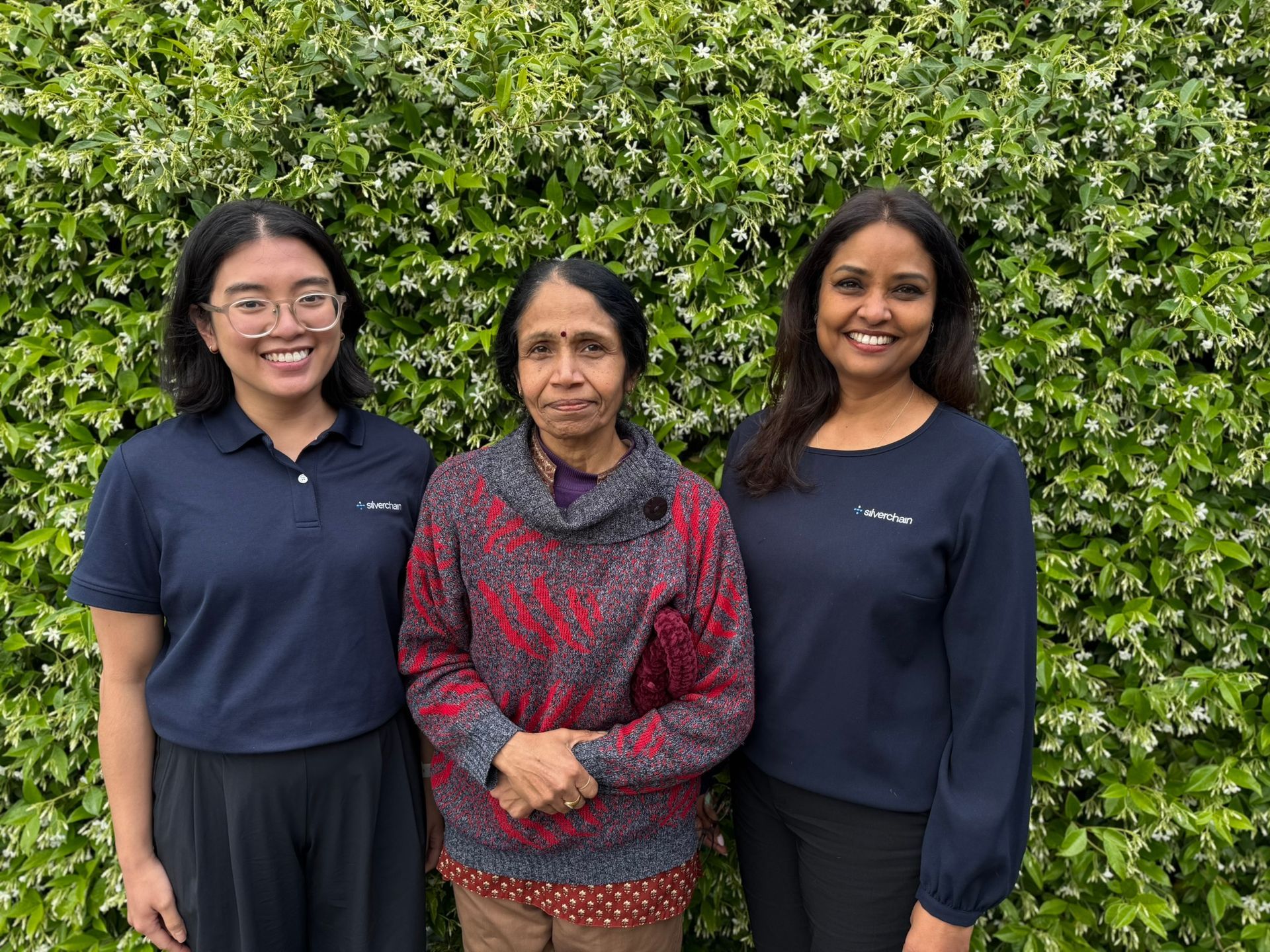Supporting Early Detection: National Cancer Screening Programs and Digital Tools for Primary Care
Home / News & Opportunities / Latest news / Current post
Cancer screening saves lives — and general practices across Australia are playing a vital role in improving early detection and outcomes for bowel, cervical and soon, lung cancer.
The National Cancer Screening Register (NCSR) is helping to drive this effort by giving healthcare providers digital access to screening information and enabling the timely submission of clinical data. More than 4,000 general practices have already integrated their clinical software, and over 25,000 healthcare providers have registered for the Healthcare Provider Portal.
Benefits to using NCSR's digital channels
- Securely access patient screening information – including overdue and follow-up alerts, to help ensure your patients remain on track.
- Stay up to date with patient screening statuses – facilitating proactive conversations about participation and the benefits of early detection.
- Facilitate bowel screening test completion – order bowel screening kits for your patients’ and record when a kit has been issued during a consultation.
- Submit clinical information – such as colonoscopy, colposcopy, and histopathology results.
- Update patient details – to ensure accurate records and effective communication from the national screening programs.
- Nominate providers and personal representatives – to improve coordination of patient care.
Practices are already seeing results:
- 93% of cervical screening histories are now accessed digitally, reducing reliance on manual processes.
- 94% decrease in faxed screening history requests, streamlining administrative tasks.
- 22% increase in digitally submitted screening data over the past six months.
Professor Dorota Gertig, Medical Director of the NCSR, highlights the importance of these tools:
“General practice is the frontline of cancer prevention. By integrating with the NCSR, healthcare providers can ensure seamless access to patient screening information — leading to better tracking, timely interventions, and improved outcomes.”
Looking ahead: National Lung Cancer Screening Program
Starting in July 2025, the National Lung Cancer Screening Program (NLCSP) will introduce low-dose CT scans for high-risk individuals aged 50–70 with a history of tobacco smoking. GPs and requesting practitioners will play a central role in identifying and enrolling eligible patients.
Importantly, the program will deliver screening to rural and remote communities through Heart of Australia’s mobile services, and is being co-designed with the National Aboriginal Community Controlled Health Organisation (NACCHO) and Cancer Australia to improve equity.
“Lung cancer screening will be a game-changer in early detection,” said Prof. Gertig. “Now is the time for practices to get ready by integrating their software or registering for the Healthcare Provider Portal to support eligible patients.”
Get your practice ready
Integrating their clinical software
- Practices using Best Practice, MedicalDirector, or Communicare can integrate directly with the NCSR to enable real-time access to screening histories and seamless submission of clinical information within the everyday workflow.
Registering access to the Healthcare Provider Portal
- GPs and practice staff that do not use compatible software can register via PRODA for secure access to screening records and program correspondence.
- Nurses and medical practice staff who do not have a Medicare Provider number (MPN) can be given delegate access by an existing Healthcare Provider Portal user with an MPN.
To help with onboarding, the NCSR offers a comprehensive Primary Care Onboarding Kit, including step-by-step instructions and walk-through videos.
By using the NCSR’s digital tools, practices are not only improving efficiency, but also helping to reduce deaths from preventable cancers.




